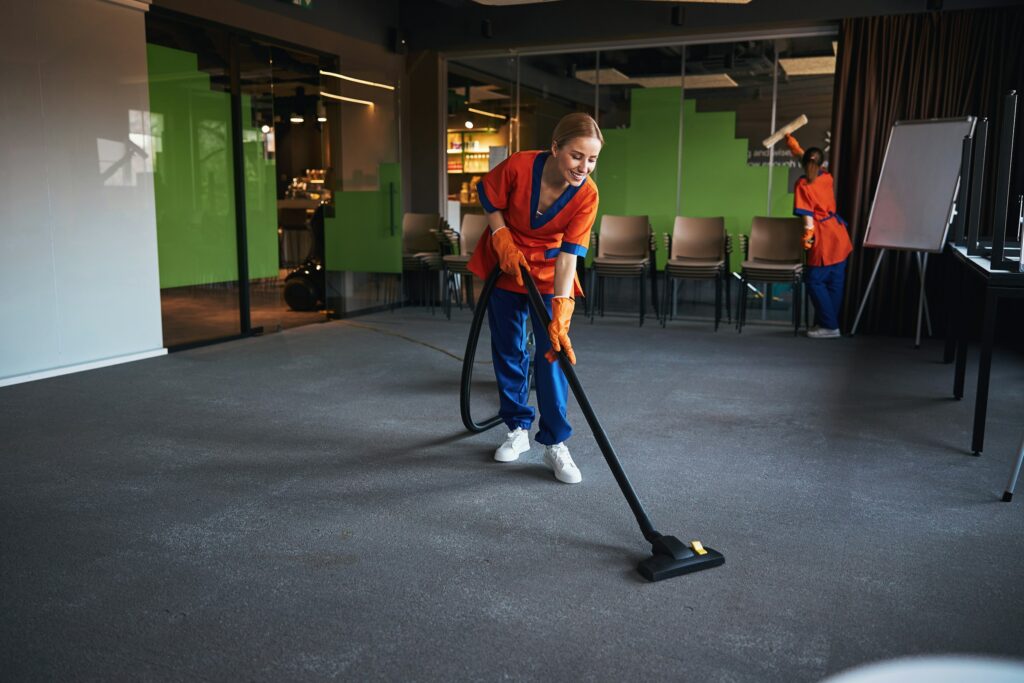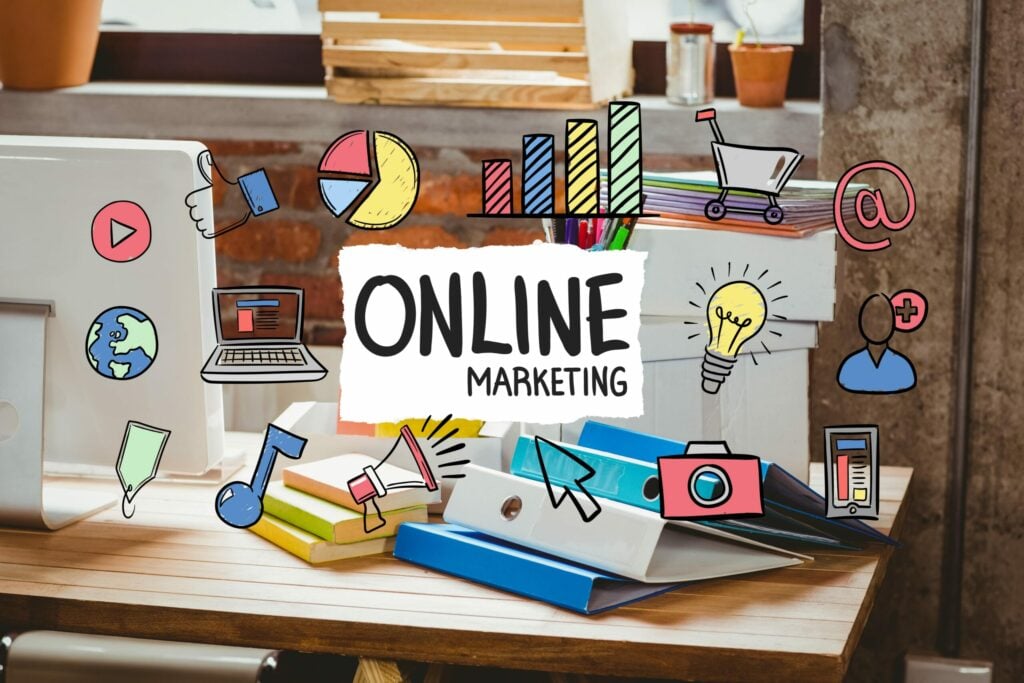Let’s cut through the fluff. Starting a cleaning business isn’t rocket science, but it’s more complex than buying supplies and calling yourself a cleaner. I’ve analyzed hundreds of successful cleaning businesses, and here’s what separates the winners from the wannabes. So, let’s find out how to start a cleaning business.

Why a Cleaning Business Makes Sense Right Now
The cleaning industry isn’t just surviving – it’s thriving. With the rising demand for professional cleaning services, there’s never been a better time to jump in. The global cleaning services market (not just commercial) was valued at $370.56 billion in 2022 and is expected to grow at a CAGR of 6.6% from 2023 to 2030.
The Real Investment Picture
Starting a cleaning business requires significantly different investments depending on your approach. The typical startup costs range from $685 to $10,000, with an average of $3,500 for a basic operation. However, for commercial cleaning businesses, initial investments can range from $73,500 to $167,500, plus monthly operating costs of $23,500 to $30,000.
Business Model Comparison
Residential Cleaning
The residential market offers a lower barrier to entry with several advantages:
- Initial investment can be as low as $3,500
- Equipment needs are basic and affordable
- More flexible scheduling options
- Higher potential for personal client relationships
Commercial Cleaning
The commercial sector requires more investment but offers different benefits:
- Contracts tend to be larger and more stable
- More structured and predictable work hours
- Requires specialized equipment and training
- Higher potential for scaling
Essential Startup Requirements
Legal Foundation
Every cleaning business must secure the following:
- Employee Identification Number (EIN)
- Vendor’s license (renewed annually)
- DBA license if using a business name
- General liability insurance
- Workers’ compensation insurance (if hiring employees)
Equipment and Supplies
Initial inventory costs typically range from $6,500 to $8,000, including:
- Basic cleaning supplies
- Professional-grade equipment
- Safety gear
- Transportation
How to Start a Cleaning Business:
Market Research Fundamentals
The cleaning industry requires thorough market analysis before entry. A comprehensive approach includes:
Understanding Market Segments
Service Categories
- Residential maintenance cleaning
- Commercial janitorial services
- Deep cleaning specialization
- Green cleaning (which has shown 18% of customers willing to pay 10% more for eco-friendly services)
- Event cleanup services
Competitor Analysis Strategy
A thorough competitor analysis should examine:
- Service offerings and pricing structures
- Customer satisfaction levels
- Marketing approaches
- Unique selling propositions
- Areas of market weakness
Legal Foundation Requirements
Essential Business Registration
The legal framework requires:
- Employee Identification Number (EIN)
- Vendor’s license (annual renewal required)
- DBA license if using a business name
- Local business permits
- State-specific certifications
Insurance Requirements
Every cleaning business must secure:
- General liability insurance
- Workers’ compensation (if hiring employees)
- Property damage coverage
- Vehicle insurance for business use
Brand Development Strategy
Creating Your Value Proposition
Your unique selling proposition (USP) must include three key elements:
- Clear customer benefits
- Unique market position
- Strong motivating factor for customer action
Differentiation Strategies
Successful differentiation can be achieved through:
- Specialized services (deep cleaning, eco-friendly options)
- Superior customer service
- Advanced technology integration
- Professional appearance and conduct
- Quality guarantees
Pricing Strategy
Consider these factors when setting prices:
- Market positioning (premium vs. budget)
- Service complexity
- Geographic location
- Target customer demographics
- Operational costs
The success blueprint isn’t just about following steps – it’s about creating a sustainable business model that can grow and adapt to market changes. The most successful cleaning businesses focus on building strong systems from the start while maintaining flexibility to adjust to market demands.
The Bottom Line:
Remember, success in the cleaning business isn’t about being perfect from day one. It’s about starting small, learning fast, and growing strategically. Take Kyle Walker’s story – he started at 15 and hit his first million by 21. He wasn’t afraid to start small and adapt, not because he had some secret formula. The cleaning industry rewards those who show up consistently, deliver quality service and treat it like a real business rather than a side hustle.
Whether you’re starting with just yourself and a mop or dreaming of building the next major cleaning empire, the principles remain the same: focus on quality, build systems, and always put your customers first.
The success blueprint isn’t just about following steps – it’s about creating a sustainable business model that can grow and adapt to market changes. The most successful cleaning businesses focus on building strong systems from the start while maintaining flexibility to adjust to market demands.




